
 |
|
|
Vegetables
Volume 57 Number 20 Date 08/30/2012 LATE BLIGHT - Environmental conditions remain favorable for late blight development. Monitoring plants for signs of infection and regular treatment of infected fields on a 5-7 day schedule will be critical for preventing this disease from spreading to other tomato and potato crops as harvest continues. Confirmed cases of late blight have been identified in Adams, Barron, Marathon, Oneida, Portage, Rusk, Sheboygan and Waushara counties as of August 30. SQUASH BUG - Growers of melons, pumpkins and squash should continue to inspect plants for squash bugs as fruits ripen next month. Most plantings have matured beyond the critical period of control (seedling and flowering stages), but the adults and nymphs are likely to feed on fruits throughout fall, causing aesthetic damage and in extreme cases, fruit drop. Late-season control consists of disposing of cucurbit foliage and other plant matter around the garden to reduce the number of overwintering sites. TOMATO FRUITWORM - Tomatoes are at increased risk of egg deposition and larval infestation by this pest now that most of the state's sweet corn fields are well beyond the green silk stage and no longer provide attractive egg laying sites. The female moths lay eggs near green fruits and the larvae rapidly enter tomatoes from the stem end, consuming the interior and leaving a cavity filled with fluid and droppings. Fruits are inedible after fruitworm infestation and should be removed and discarded. ONION MAGGOT - Third-generation maggots are feeding on cull onions and bulbs left behind in fields. Onion growers should remove all cull piles and thoroughly clean fields to reduce overwintering populations. Rotation to a non-host crop is recommended for fields with a history of onion maggot problems. IMPORTED CABBAGEWORM - A Dane County gardener reports that imported cabbageworm butterflies have been common since May, although the larvae have been scarce. Plausible reasons for their absence are that intense heat desiccated eggs and small larvae, the plants were too dry and the larvae failed to establish, or parasitic wasps (possibly Apanteles sp.) regulated much of the population. Braconid wasps appear to have been influential in controlling the larvae. JAPANESE BEETLE - Low to moderate populations persist in home gardens, orchards and field crops. Adults were concentrated on basil in a home garden and were noted on wild buckwheat in Dane County earlier this week. By most accounts, Japanese beetles have been less of a problem this year than last. --Clarissa Hammond, DATCP Pest Survey Program 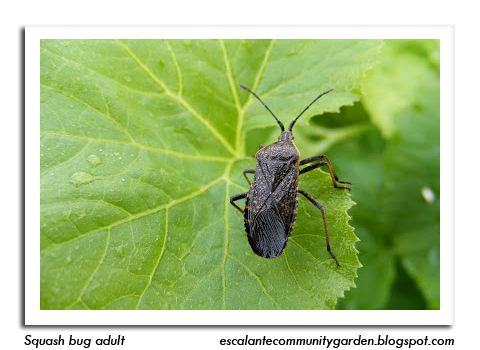
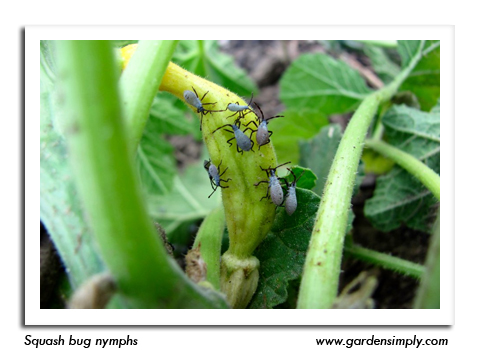
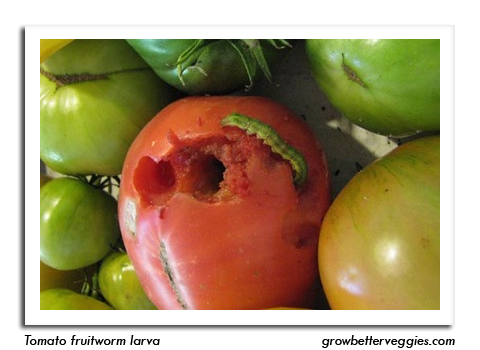
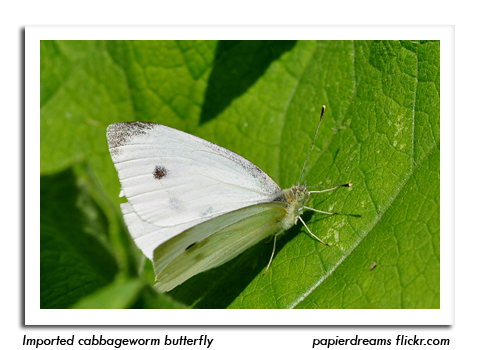
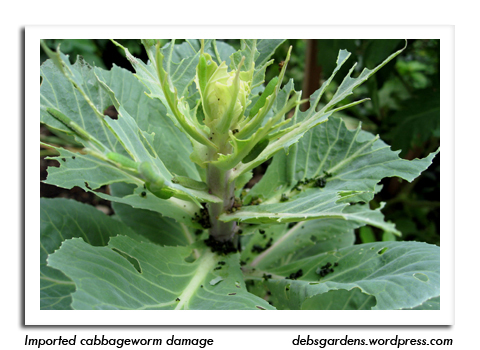
|
|
|